No need for speed
I've changed my mind and now favor dropping Chicago's default limit to 25 mph
To read this issue in your browser, click on the headline above.
Tuesdays at 11:30 a.m. I talk with WGN-AM 720 host John Williams about what’s making news and likely to be grist for the PS mill. The WGN listen-live link is here.
Upon further review, I’m OK with lowering the speed limit in Chicago to 25 mph
My initial reaction was negative to the proposed ordinance to drop the city’s default speed limit to 25 mph from the current 30 mph.
Cash grab! Time waster! Nervous Nelsons who want to be the bossa me! Another flimsy “If it saves just one life …” argument!
But while I’m still suspicious that a big reason some alders want to drop the speed limit is to increase ticket revenue, I’ve come around and now hope the measure is approved during Wednesday’s City Council meeting, when a vote is scheduled.
My conversion began when I started trying to drive at 25 mph as I made my way around the city. I found that only rarely did it feel suffocatingly slow. And given that police usually look the other way when drivers are going less than 5 mph over the posted limit, I came to think it will not be much of a hardship for most drivers to stay on the right side of the new law.
At around the same time, I began to read up on the idea: Yes, there might be some trade-offs involved, but would lowering the limit by 17% be a net positive for traffic safety? The answer seems to be a definitive yes.
Here’s Alex Nitkin of the Illinois Answers Project of the Better Government Association:
For at least a decade, cities from coast to coast have been lowering speed limits … In every case, city leaders pointed to tangible safety improvements, including clear reductions in speeding, decreases in traffic deaths — or, in many cases, both. …
The New York Department of Transportation logged 243 traffic deaths in 2015 (the first year of a similar decrease in the speed limit), down from 297 in 2013, an approximately 18% drop. Pedestrian deaths in particular fell by nearly 24% in the same period. …
(In Seattle) a study published February in the Journal of Safety Research found about a 20% reduction in downtown traffic crashes and a 17% reduction in crashes involving injury following the implementation of lower speed limits. …
(In Boston) a review of public crash data published by the city shows a nearly 22% reduction in crashes from 2017 to 2023. …. A study conducted by the San Francisco Municipal Transportation Agency in 2023 found a 16% year-over-year reduction in collisions on streets where the speed limit was lowered, and a 35% reduction in collisions involving pedestrians.
A Tribune editorial on this topic, “Go carefully with that 25 mph speed limit plan, Chicago” laid out a weak case for opposition:
Would cameras be introduced in far more locations, ready to create thousands of new tickets for going 31 mph, given that 6 mph over currently gets you a camera flash and a fine? Would the police have to sit in wait, pulling people over, with all the risks that entails? Would Chicago citizens actually put up with this, especially on some of our wider roads clearly designed for a relatively safe, 30 mph trajectory? …Data does show that lower vehicular speeds mean that more pedestrians survive accidents with automobiles. That’s an immutable fact, although you could extend that argument to, say, 5 mph, which would be safer still. In the real world, this issue, of course, is about reasonable tradeoffs. …
By all means, let’s have a comprehensive review of speed limits and accident rates involving cars with pedestrians and cyclists across the different wards of the city and see if there are locations where reasonable people can agree that 30 mph is too fast for such places. Aldermanic offices are the obvious places to issue an opinion. And we’re all for enforcing the existing speed limits with rigor.
But we don’t need a new blanket ordinance, the enforcement of which would require yet more speed cameras to extract money from the pockets of Chicagoans or yet more police encounters that could turn dangerous.
I don’t find the reductio ad absurdum argument about a 5 mph limit to be particularly persuasive — we draw lines all the time in the law, in sports and elsewhere based on evidence and reasonable compromises. There’s no reason that a lowered speed limit would require more speed cameras (which are on the way in any case thanks to Mayor Brandon Johnson’s budget proposal) and no evidence I’ve seen that it would require additional police resources or put officers in extra danger.
This is a change we can live with.
Notes and comments from readers — lightly edited — along with my responses
Barron Hall — Why does Facebook still exist or matter? Leave that platform to nosy relatives and manifesto writers. I’ve never understood the appeal of likes, followers, postings and so forth.
Zorn — I realize there are corners of Facebook that are toxic and infuriatingly false, and that Meta’s recent decision to cut way back on content moderation in favor of corrective “community notes” will increase the toxicity and dishonesty of postings. I do see some inflammatory nonsense in my feed, admittedly, but it’s not hard to skip over the bilious ignorance and the seemingly increasing number of paid advertisement to enjoy the updates and observations from friends — real and virtual — as well as the music, comedy, links to news stories, optical illusions, wild videos and on and on.
I wish the platform allowed more user control so that I could better curate what I see when I log in — the algorithm too often shows me posts I’m not interested in and fails to show me relevant entries — but overall I’m diverted, entertained and informed by Facebook and am nowhere close to abandoning it.
WOAT the heck? Neologism alert!
Bob E. — I'd prefer the White Sox stay in Chicago, but I'm OK if they leave town because they didn’t get public funding for a new stadium. It would slightly raise my opinion of the sanity and integrity of state and local lawmakers.
The threat that the Sox would move to Nashville if they don’t get their money is not credible. Why would Nashville want a shitty team run by shitty management?
The Bears, on the other hand, are Chicago's only NFL team and were vastly more popular than the White Sox even before the Sox became the WOAT.
Gov. JB Pritzker may not care if the Bears move to Arlington Heights, but Mayor Brandon Johnson, a lot of alders and a lot of Chicago voters would.
Zorn — Hat tip for the WOAT (“Worst of All Time”) coinage. I agree that the General Assembly and City Council shouldn’t fund the real estate dreams of the ultra-wealthy owners of sports franchises, but I disagree that Nashville would turn up its civic nose at the White Sox. The team won’t be shitty forever. Probably.
I’m less sure about how Chicago voters would feel about the Bears moving to suburban Arlington Heights. Governing magazine calls city football stadiums “a highly inefficient use of urban space,” and, as I’ve said many times, for the vast majority of us, Bears games are TV shows and we don’t care that much where the studio is. Twelve out of 32 NFL teams play outside the municipal limits of the city for which they are named, and I will not even shrug if the Bears become the 13th.
What the folk?
Cate Plys — The link to the YouTube video of you playing “Cousin Sally Brown” with your son is fantastic! I'm so jealous that you can play the fiddle — jealous that anyone can play a musical instrument, because I can't — and additionally jealous that you get to play with your son.
That out of the way, I do love these folk tunes but I think many others may have the same feeling of helplessness in terms of how to begin to learn even the basic catalogue of this music. Where to begin? Eric, you should write a primer sometime telling us how and where to start. And maybe provide us with more tips on where to go hear good live folk music as good shows become known to you, including in small bars which are my favorite. I don’t mean Pete Seeger, Joan Baez type folk, but the kind of music you play with Ben and post sometimes in Tune of the Week. I don't know if there's a particular term to distinguish amongst these strains. I don't want to hear about people hammering and so on, if that helps.
Zorn — Thanks! So no “John Henry” for you. Got it. What I play with Ben is called old time — music with its roots in traditional community dance tunes and social singing. Bluegrass, which Ben plays professionally, is a flashier genre that grew out of old time and vintage country. But this roots music has influenced a lot of pop and rock, so the lines are not completely clear.
I get why Seeger and Baez are a bit too “A Mighty Wind” for you and many people. I grew up on that music but even for me a little can go a long way.
The Old Town School of Folk Music is a great place to start not only learning but enjoying traditional music, and there are lots of rock-based entry points at the school, such as Beatles classes. Other commenters had some suggestions and I’ll turn the floor over to them:
Beth Bales —Maybe you could take up piano. I started lessons about 11 months ago, shortly after retiring. I love it. (I grant you, I took lessons from grade six through 12, so I wasn't a complete newbie, but it had been nearly 50 years when I picked it up again. Or maybe ... guitar!
Steven K —- There’s a good program on WDCB (90.9) on Tuesday evenings from 8 to 11 p.m. called Folk Festival that has an eclectic reach. I listened as a kid to “The Midnight Special” folk music plus program that still airs Saturday nights from 9 p.m. to midnight on WFMT-98.7 FM. As a preadolescent youngster who was heavily weaned on rock, I was not exactly captivated by the show, but I do have some good memories; it was the first place that I ever heard “The Piano Has Been Drinking” by Tom Waits, and the gloriously politically incorrect “Chicago Street Names” bit.
Joanie Wimmer — My mom first turned me on to “The Midnight Special” about 55 years ago. I haven’t listened very much since 2016, but it was, and maybe still is, very plugged into the folk music scene, and the host tells you about upcoming folk music performances throughout the Chicago area.
In 2014, I saw Anne Hills perform at a church in either Lisle or Naperville, based on a suggestion on “The Midnight Special.” She was great, and she had just come out with her album Tracks, songs about train travel in Colorado. She sang this song, among many others, and she said the chorus sounds make her think of the sounds of coyotes at night. I’ll nominate this song for Eric’s song feature. It’s really beautiful:
Another group saw as a result of listening to “The Midnight Special” was The Heather Pierson Acoustic Trio. I saw them at the Two Way Street Coffee House in Downers Grove. This song of theirs really touched me deeply. To me it’s sort of an understated song about dealing with family or relationship pain.
Ted B. — Keep an eye on places like Friendly Music Community & FitzGerald's side bar/patio (both in Berwyn), Irish American Heritage Center, City News Cafe, or the Folk You! series. Yes, small bars are the best for music, we're headed to Lizard's Liquid Lounge this evening. Chicago is an amazing music town, but also overwhelmingly spread out and hard to track. The Jerome Hughes substack music list is very helpful.
Seer madness
Patrick F. — It’s terrible what’s happening in the Los Angeles area. The images remind me of the firebombing of urban centers in WWII. How come the California psychics in California didn't warn the public?
Zorn — Hmm. Spitballing here, but maybe because “psychics” are all completely fraudulent, shameless hucksters with no ability whatsoever to see into the future? Just a guess.
Unpopular opinion?
Reader feedback on the “Unpopular opinion?” feature has been voluminous and positive. Keep those ideas coming! But a reminder to argue for your unpopular opinion, instead of just stating it, in order to prime the debate.
Today’s entry:
Garry Spelled Correctly: We need another amendment to the Constitution that that flat out bans anyone with a felony conviction from elected office.
Counterpoint:
Pete Prokopowicz — Such an amendment would be the perfect tool for those in power to strangle resistance parties in their cribs. Martin Luther King Jr. and Nelson Mandela were politically harassed by the dominant parties.
Beth Bales— This sounds very much like you wanted (at least under Biden) a "weaponized" U.S. Department of Justice. Biden himself said this past weekend he wished Attorney General Merrick Garland would have gone after Trump more (apparently all those trials in other jurisdictions weren't enough). So ... what I'm taking from such comments as these is that when Democrats weaponize law enforcement it's peachy; if Trump does something similar you'll howl.
Response:
Garry Spelled Correctly —Indicting an obvious seditionist and insurrectionist isn't a "weaponized” DOJ, that’s a DOJ just doing its job properly, which it totally failed at! King never ran for office and Mandela’s convictions were overturned when the South African government changed.
Zorn — My view is that the principles of democracy demand that convicted felons should be allowed to vote and to run for or hold any office. But I’m a bit of an absolutist — I also think naturalized citizens should be able to become president.
Your turn:
A Trumpian mandate for opt-in post-mortem organ harvesting
Last week’s opinion proved just slightly unpopular, but by a margin that MAGA enthusiasts would certainly call a landslide:
Here are some comments on that proposal:
Monica Metzler— The idea that everyone should be included in organ donation unless opting out has been discussed by the United Network for Organ Sharing, the nonprofit scientific organization that administers the U.S. Organ Procurement and Transplantation Network. Their current view is that we would actually have lower donation rates with that approach in the U.S., although it is used in some countries.
I’m surprised at the number of “the government doesn’t own my body” (i.e., the big, bad gubment) argument against using organs for transplant. Most transplant programs are at nonprofit university hospitals with some in for profit health systems, although the Veterans Administration does do some transplants. That’s just not an argument I would have expected against the opt-in or opt-out approach. Which makes me want to know — What is a non-religious argument against allowing one's organs to used by another after your death?
Steven K. — A non-religious argument would be that someone with a misanthropic streak just might not want their organs to be used to sustain other people, or certain types of people. For example, I know a few people who have made clear that they would never want any of their organs to go into the body of a Trump supporter. It seems ridiculous and petulant to me, but hey, whatever.
Skeptic — If strings could be attached like that you would get some Cubs fans stipulating that their organs could only go to another Cubs fan.
David Leitschuh — My sister tragically lost her adult son to a cerebral aneurysm. She signed a consent for his organs to be harvested for transplant, but said that it was emotionally very difficult to wait a couple more days to receive his body for burial while it was being done. She later received word from the recipient of his corneas, and she found that very comforting.
While I am philosophically a staunch proponent of freedom and individual choice in matters pertaining to one's self, it is nothing short of a travesty and a national disgrace that seriously ill people who could be helped by organ transplant wait many years or perhaps never receive an organ, while millions of healthy organs are either cremated or embalmed and put into the ground every year. We should have a national opt-out policy, instead of the opt-in that many of us currently do. This infringement on personal freedom would be vastly outweighed by the immense difference it would make in so many lives.
Bob E. — Sorry, David, I have to disagree with you on this. True, there are not enough donated organs; and the current model for managing donations and transplants is a travesty. But I recommend an optional compensation structure for both living donors or their next of kin. Would this create problems, including unforeseen consequences? Sure. But I'd guess the problems would be no worse than the current situation for organ donation.
Zorn — I haven’t fully thought through the compensation issue — incentivizing the living to sign organ donor cards with cash payments, but it sounds reasonable at first blush.
Post — and defend! — your unpopular opinions in comments!
The week’s best visual jokes
Here are some funny visual images I've come across recently on social media. Enjoy, then evaluate:
There’s still time to vote in the conventional Quip of the Week poll!
Thank you for supporting the Picayune Sentinel. To help this publication grow, please consider spreading the word to friends, family, associates, neighbors and agreeable strangers.
Info
Eric Zorn is a former opinion columnist for the Chicago Tribune. Find a longer bio and contact information here. This issue exceeds in size the maximum length for a standard email. To read the entire issue in your browser, click on the headline link above. Paid subscribers receive each Picayune Plus in their email inbox each Tuesday, are part of our civil and productive commenting community and enjoy the sublime satisfaction of supporting this enterprise.
Contact
You can email me here:
I read all the messages that come in, but I do most of my interacting with readers in the comments section beneath each issue.
Some of those letters I reprint and respond to in the Z-mail section of Tuesday’s Picayune Plus, which is delivered to paid subscribers and available to all readers later Tuesday. Check there for responses.
If you don’t want me to use the full name on your email or your comments, let me know how you’d like to be identified.
Help?
If you’re having troubles with Substack — delivery, billing and so forth — first try “Picayune Sentinel Substack help, Frequently Asked Questions.” If that doesn’t work check out the Substack help page. And if that doesn’t work, shoot me an email and I’ll be happy to help.








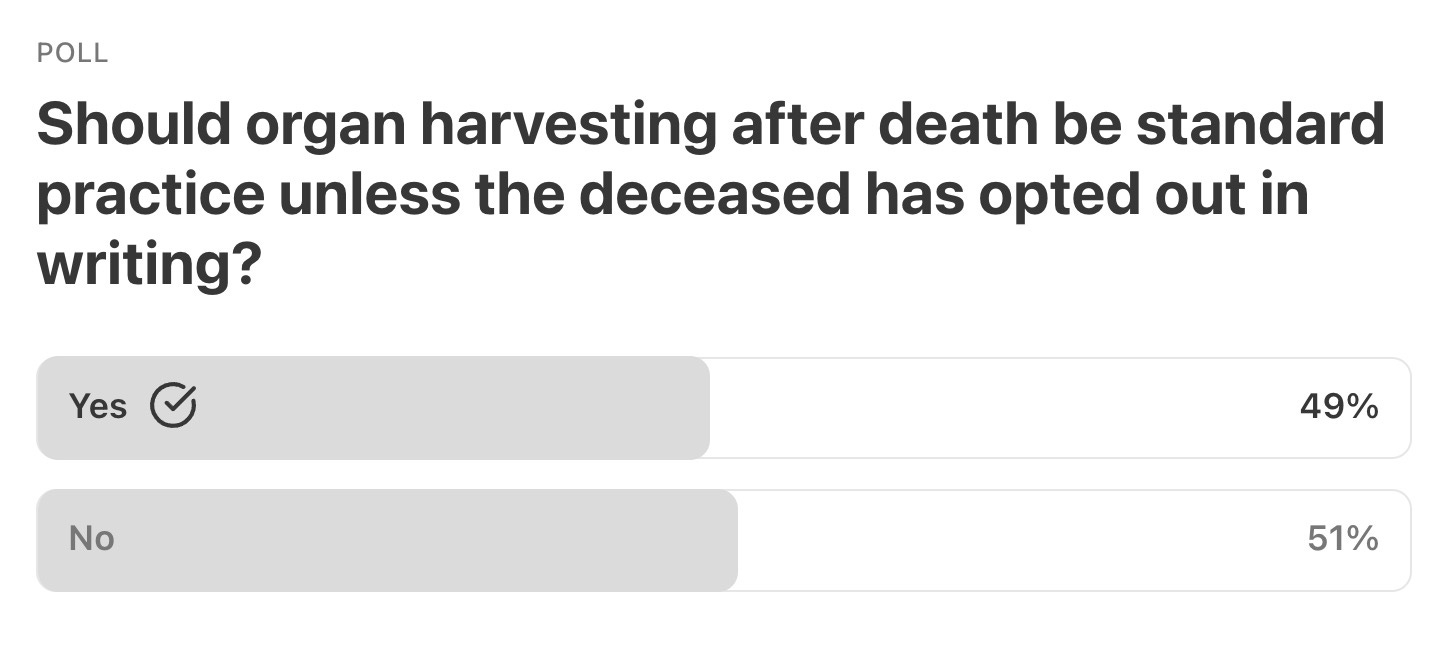
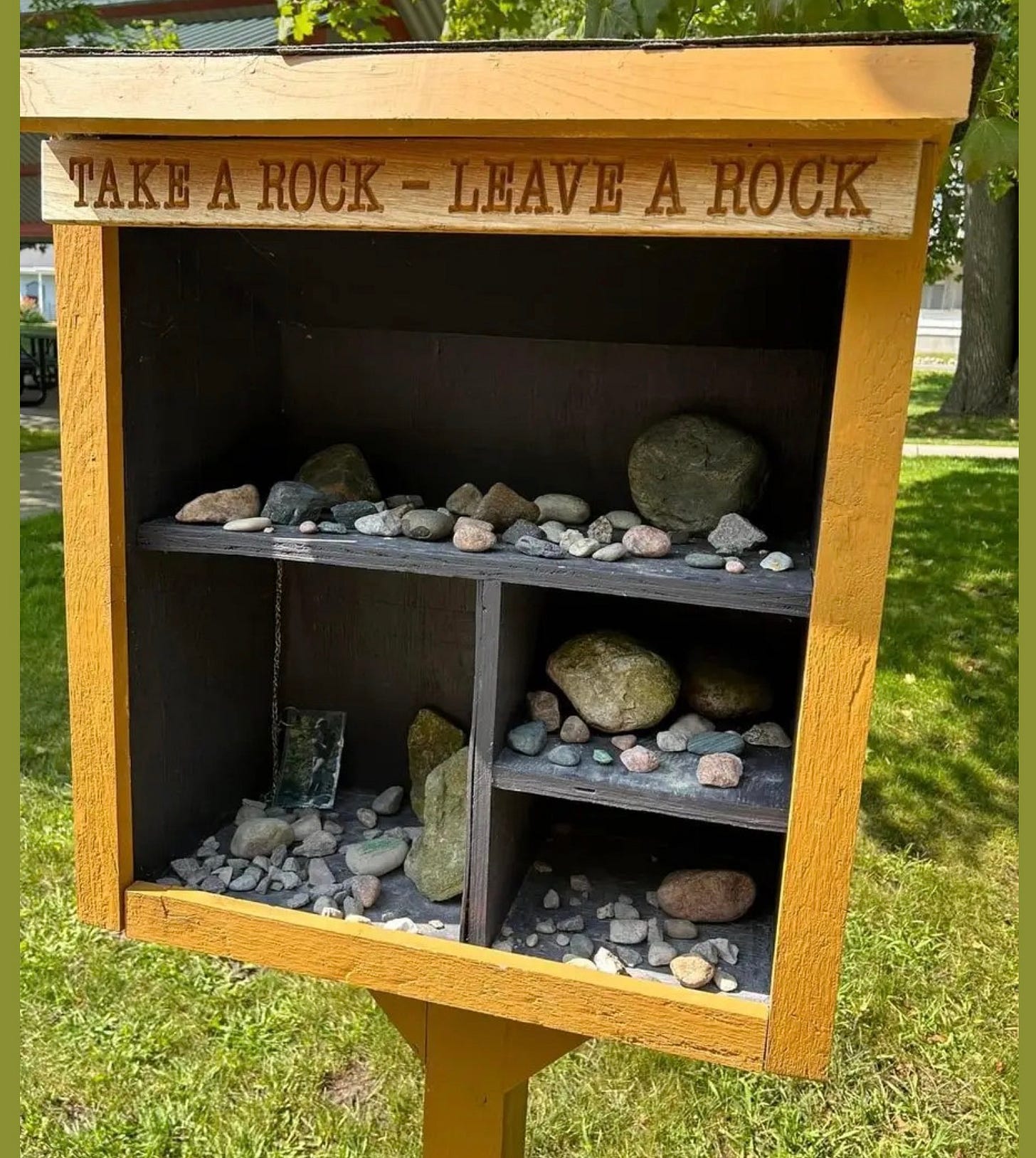
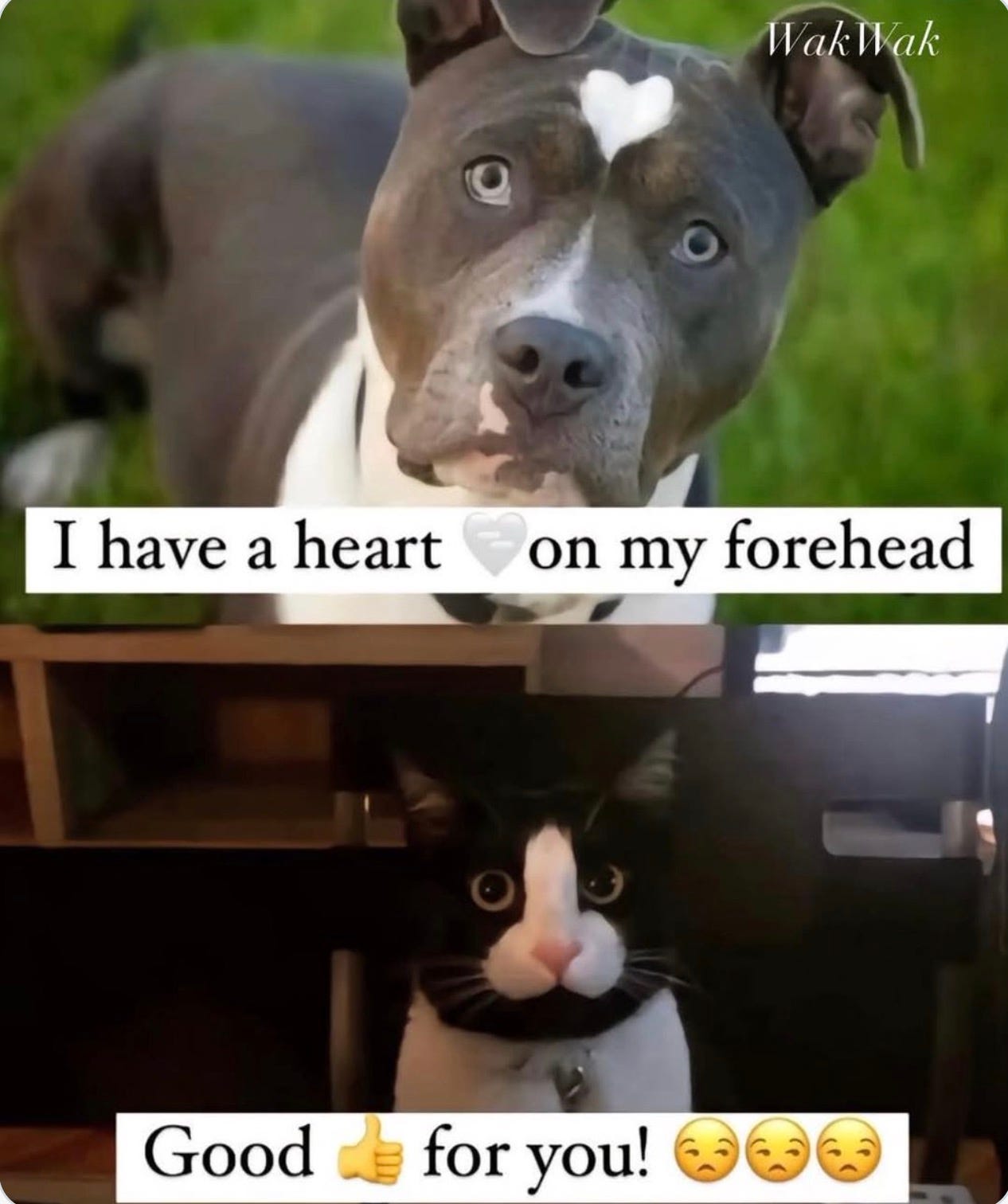
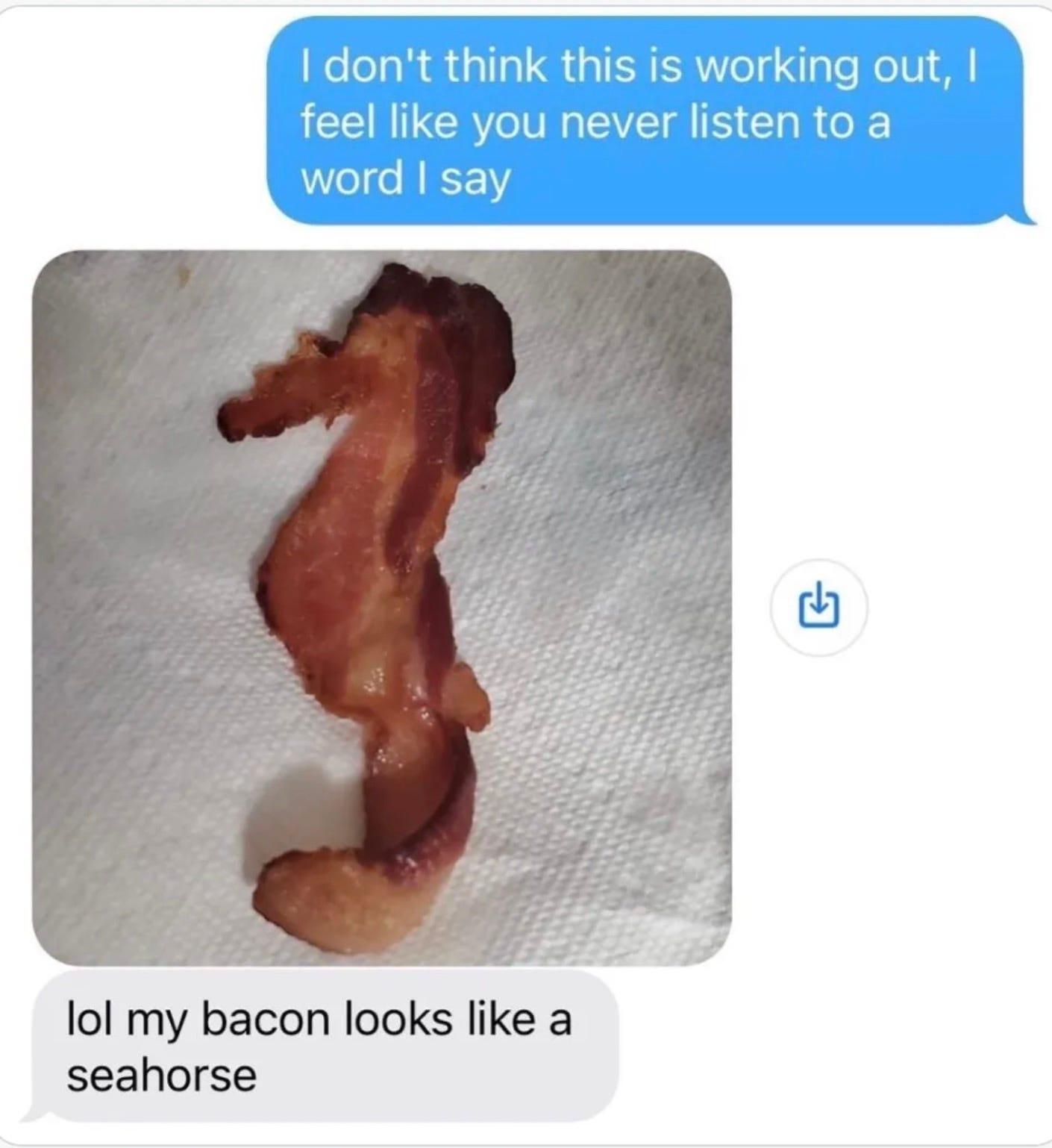
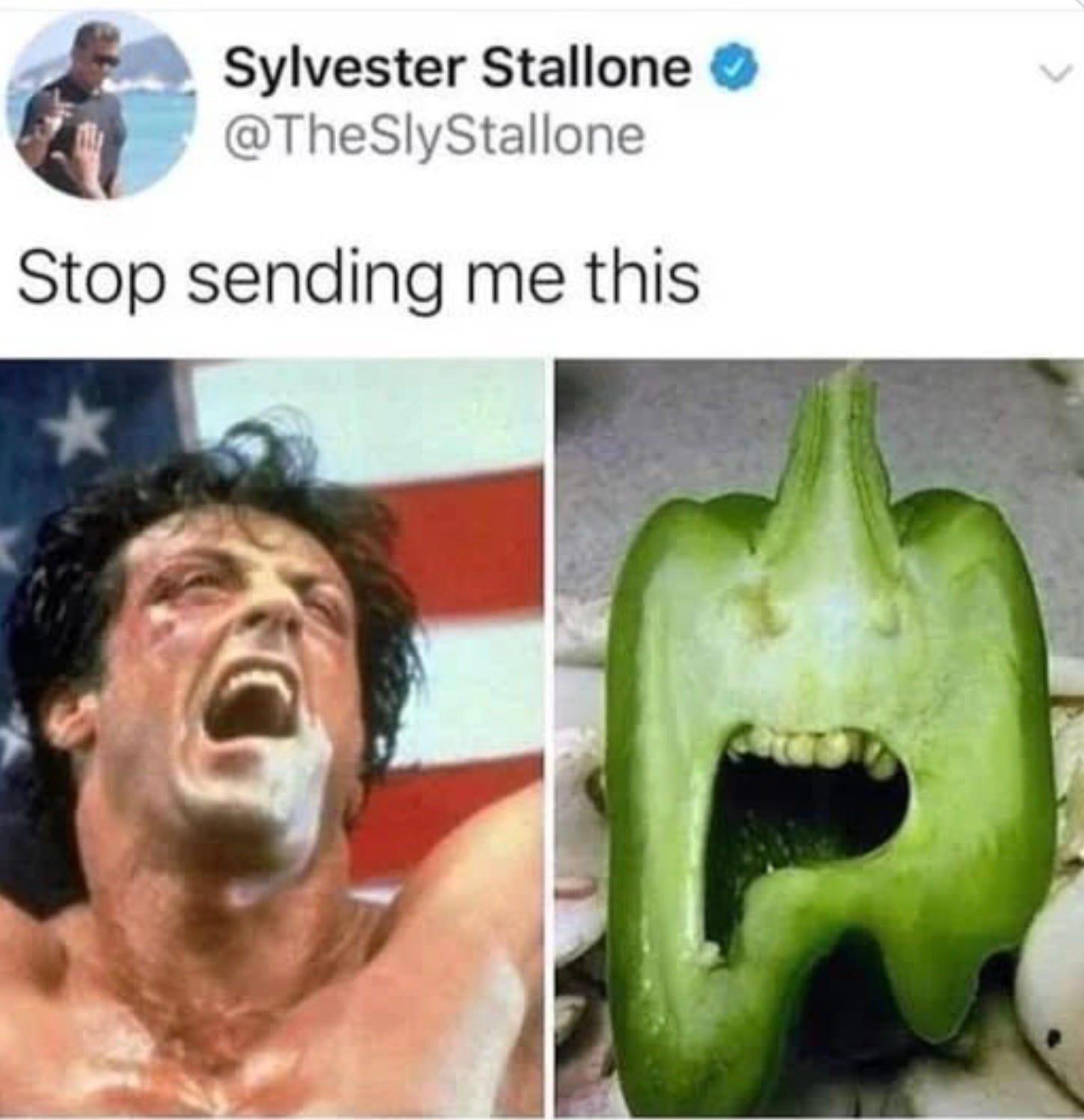
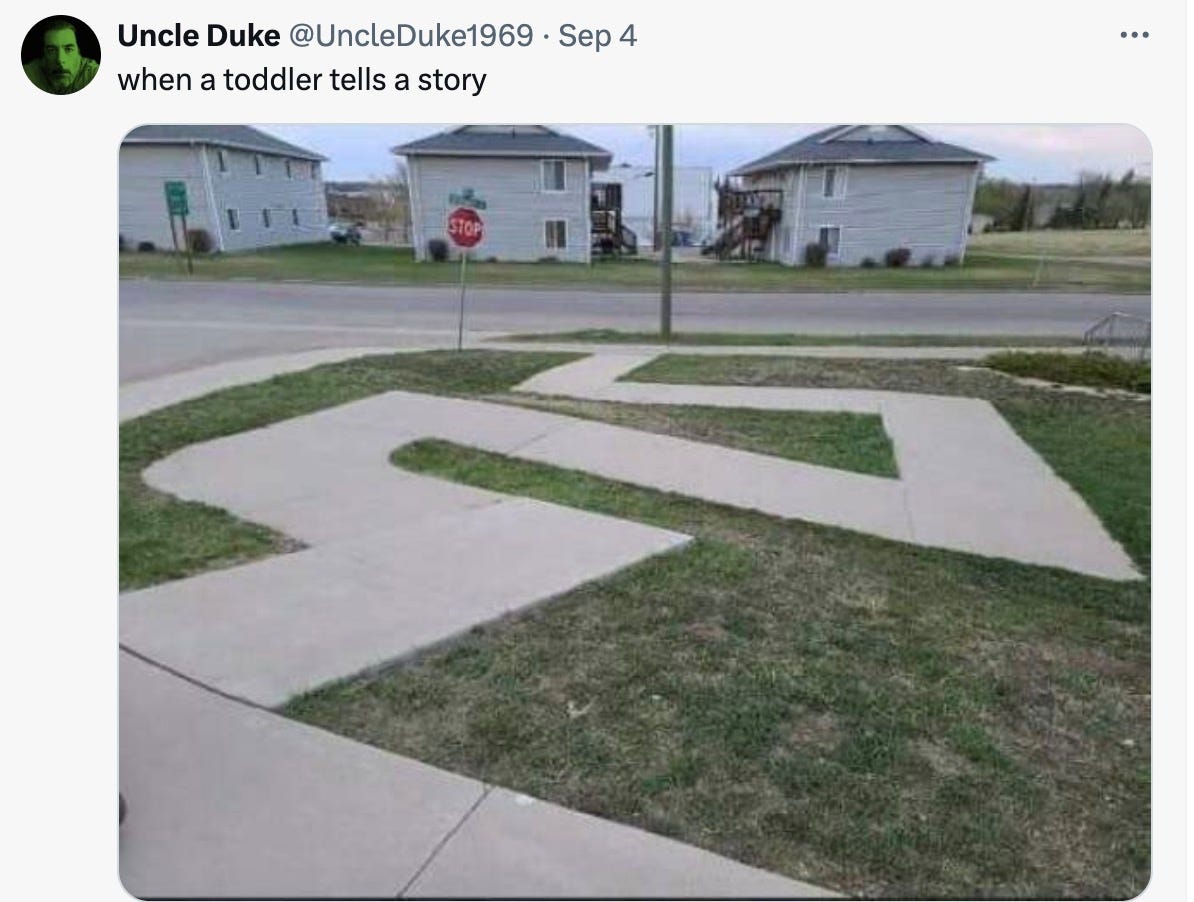

I found the little library for rocks visual funny, not for it says about rocks but for what it says about me (and probably lots of people). It mocks my ignorance about the beauty, diversity, and significance of rocks (and probably about nature generally). This hit home for me three weeks ago when we visited the Rice Museum of Rocks and Minerals in Hilllsboro, OR (definitely near Portland). It's a small but impressive place--I highly recommend it.
There are far too many felony laws and aggressive prosecutors. Also minor felonies by minors and young adults seem of little consequence in the long run. Car theft, criminal mischief, an 18 year old and a 17 year old is a sex crime, prostitution, et al. I may not support anyone with a felony because there is an alternative that does not have a record, but I wouldn't bar someone from trying. Also, I think that the Trump convictions are an excellent example of prosecutorial contortion act to convert misdemeanor record keeping crimes into felonies.